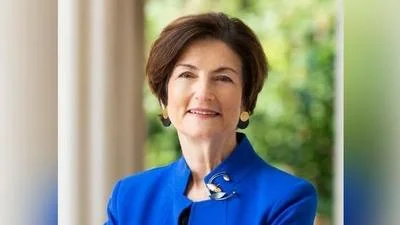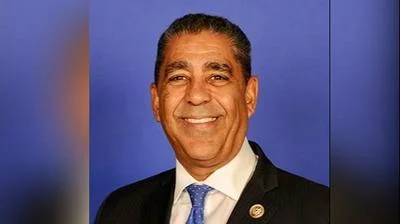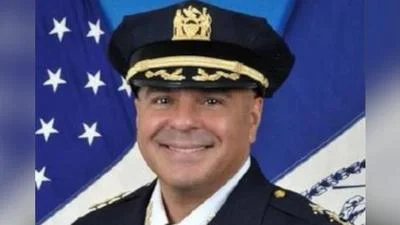Rabbi Dr. Ari Berman, President and Rosh Yeshiva | Yeshiva University
Rabbi Dr. Ari Berman, President and Rosh Yeshiva | Yeshiva University
Members of Team Thunders, Abdulla Mamun (M.S. in Data Analytics and Visualization), Loretta Ching'andu (M.S. in Digital Marketing and Media), Rachael Ojopagogo (M.S. in Data Analytics and Visualization), and Mapalo Lukashi (M.S. in Data Analytics and Visualization), have advanced to the finals of a business case competition sponsored by the Zicklin School of Business at Baruch College with their proposal to reform the New York City subway system.
Their proposal, titled “A Data-Driven Approach to Urban Mobility,” utilizes advancements in artificial intelligence, data analytics, and Internet of Things (IoT) technologies to revitalize the Metropolitan Transit Authority (MTA). The submission was selected by an expert panel of judges, including Carson Au from JetBlue Airways, Henry Chen from the MTA, Helaine Korn from Baruch College, and Danny Park from PwC.
“We delivered data-backed solutions in digital transformation for the MTA before a panel of judges, including an MTA representative,” said Mapalo Lukashi. “I’m so glad and grateful to God to have been part of this. Kudos to my team for sparing no sleep to present a memorable pitch.”
The MTA is currently facing significant challenges such as service delays, aging infrastructure, and financial strain. The global pandemic and changing commuter patterns have exacerbated these issues, leading to a decline in ridership and fare revenue. In response, the MTA is seeking solutions for long-term sustainability.
The Katz School team proposed using AI and IoT sensors for predictive maintenance to optimize asset lifespan and create dynamic service schedules based on real-time ridership data. They suggested deploying autonomous vibration sensors on train cars and tracks to detect wear or damage, using image recognition technologies for infrastructure inspections, and applying data analytics to predict potential failures.
To address financial challenges, they recommended dynamic pricing models that adjust fares based on demand, time of day, and specific routes. Additionally, they proposed exploring funding mechanisms such as municipal bonds, federal grants, and public-private partnerships.
Team Thunders estimated the cost for implementing these technologies at $220 million for initial setup and deployment. Their proposal includes a detailed roadmap with timelines, budget allocations, and resource requirements. They expect their solutions will reduce unexpected equipment failures by 20% and annual maintenance costs by 15%, based on benchmarks from other transit systems like Tokyo’s.
“The digital transformation strategy aims to make public transit the preferred mode of transportation in New York,” said Mamun. “Our vision for a data-driven, efficient, and financially sustainable MTA could pave the way for a brighter future for New York City’s transit system.”






 Alerts Sign-up
Alerts Sign-up